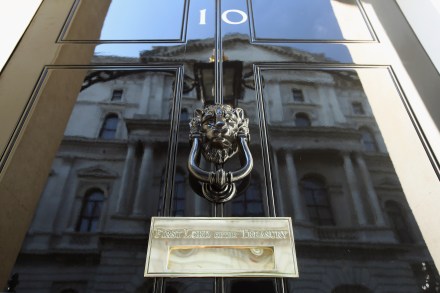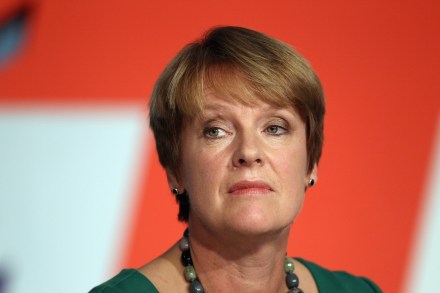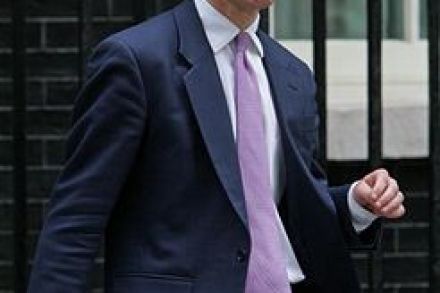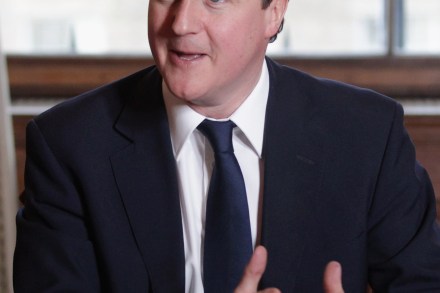Downing Street’s bureaucratic burden
Do head over to ConservativeHome, where Tim Montgomerie has put together a comprehensive guide to the revamped Downing Street operation. I won’t spoil its considerable insights here, except to highlight this: “An analysis of papers sent to Downing Street and the Cabinet Office has revealed that just 40% are directly related to the Coalition’s programme. Roughly 30% come from the Whitehall bureaucracy and another 30% from the EU.” James makes the point in his latest politics column that Tory ministers are becoming more and more Eurosceptic as they face the EU in government. That pile of European directives in the in-tray must just be getting too much.

















